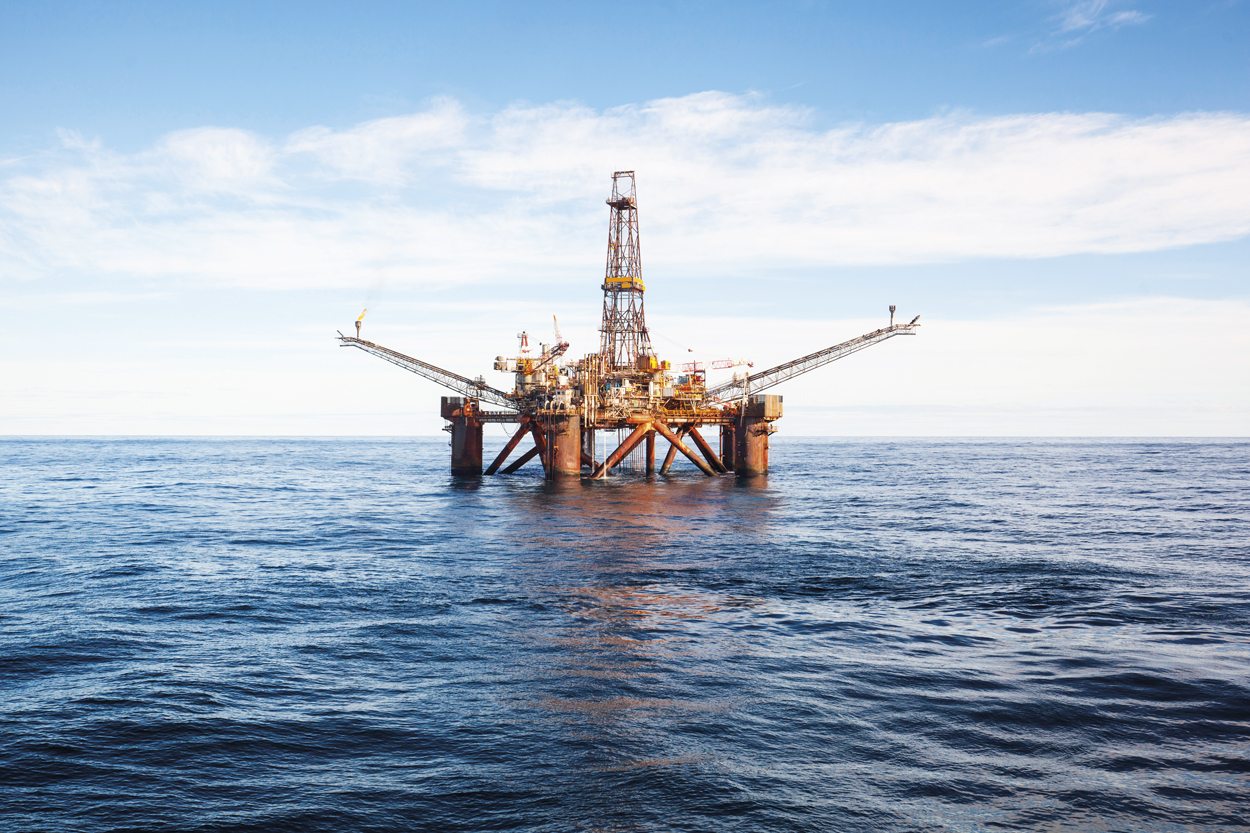

Bahrain’s largest oil discovery since 1932 will have a major impact on the kingdom’s economy and its projects market.
It is estimated that the Khalij al-Bahrain field contains more than 80 billion barrels of oil along with significant volumes of gas. Once these reserves are extracted and sold they will bring in much needed revenues for Bahrain, which in recent years has struggled with a growing fiscal deficit and declining reserves despite robust non-oil GDP growth.
The Khalij al-Bahrain field will have to be developed before the oil and gas can be sold, and that will boost the kingdom’s already busy projects market. Bahrain has been busy investing in multi-billion dollar projects over the past three years such as the upgrade of the Bapco refinery, the Line Six expansion at Aluminium Bahrain (Alba), and a new terminal at Bahrain International airport.
These projects, together with a wide range of other smaller schemes across the island has meant that although it is still relatively small, Bahrain, along with Dubai, has been a bright spot for the GCC’s projects market since oil prices began to dip in late 2014.
The new oil and gas discovery promised another tranche of project spending as the field is developed over the next five years. While the investment is expected to be significant, the fact that existing oil and gas infrastructure nearby can be used it will not be as large it would have been if entirely new facilities needed to be built.
When announcing details of the find on 4 April, Haliburton, which has done some preliminary work on the field, said: “The discovery, made within the 2,000 square-kilometre Khalij al-Bahrain Basin, is located in shallow waters off the kingdom’s west coast, close to a fully operation oil field with ready-to-connect-to facilities.”
The US-based firm then added: “…this unique factor provides potential for significant cost optimisation.”
While the amount of new infrastructure required may be reduced, the time take to start pumping oil and gas should be less and that means the revenues from the field will start flowing quicker. This presents Manama with a decision to make on how to spend this new source of income.
While the government will undoubtedly relish the opportunity to replenish its reserves, if the past three years is a guide, that decision is also likely to include investments in new infrastructure projects across the kingdom.
You might also like...

Oman receives Madha industrial city tender prices
19 April 2024

Neom seeks to raise funds in $1.3bn sukuk sale
19 April 2024

Saudi firm advances Neutral Zone real estate plans
19 April 2024

Algeria signs oil deal with Swedish company
19 April 2024
A MEED Subscription...
Subscribe or upgrade your current MEED.com package to support your strategic planning with the MENA region’s best source of business information. Proceed to our online shop below to find out more about the features in each package.








